Sugar: Not as Sweet as you Think!
3rd January 2018
3rd January 2018
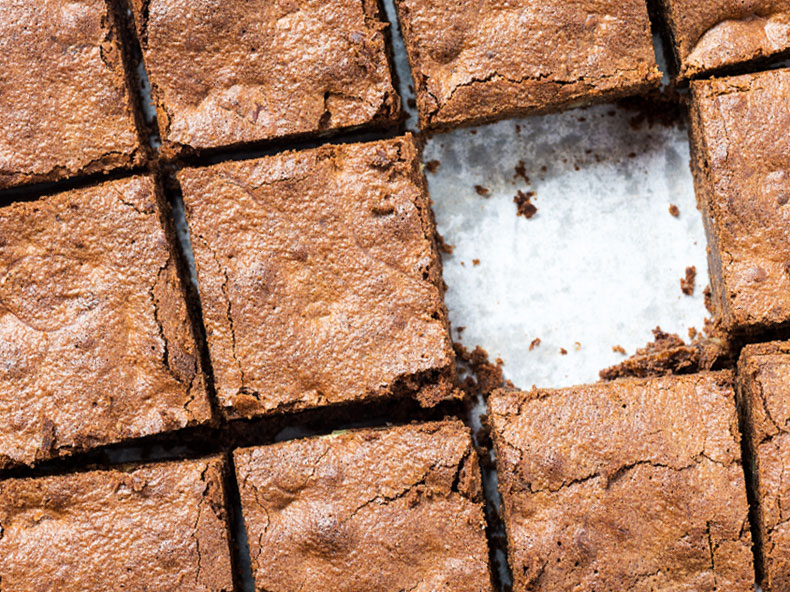
According to Public Health England, we eat over two million tonnes of sugar every year, but we’re not always aware that we’re having it.
With many savoury foods such as wholemeal bread and low-fat yoghurt containing sugar, some of us could be having way more than we think. With the New Year underway, perhaps it’s time to reassess your diet and limit your own sugar intake?
One of the most obvious reasons why too much sugar is bad for our health is that it tends to be high in calories but not all that filling. That makes it easy to over-consume and then the excess calories can cause you to gain weight. But it’s not just empty calories that are the problem.
Sugar supresses the immune system – when you get a big dose of it, you temporarily prevent your immune system’s ability to respond to challenges. The effect lasts for several hours, so if you eat sweets several times a day, your immune system will be perpetually operating at a disadvantage.
Sugar also promotes inflammation. Eating foods high in sugar can fuel excessive, inappropriate inflammation that serves no useful purpose and actually promotes aging and disease. It also supresses the release of the human growth hormone – if you want to slow down the aging process, you definitely want to do more to avoid foods that are high in sugar.
Influxes of sugar into the system will also raise insulin levels. Over time, and if you eat too much, it takes more and more insulin to ensure your body cleanses itself of sugar from your blood and into your cells. Eventually your pancreas may just stop responding altogether. Hello diabetes.
And – of course – too much sugar is bad for our teeth and can lead to cavities and other tooth and gum related disorders.
“If there’s one thing I’d strongly encourage parents to do, it’s to swap sugary drinks out of their kids’ diets for either a low-sugar drink or water or low-fat milk, which would be a really excellent choice.”
– Dr Alison Tedstone, Chief Nutritionist at Public Health England
Added sugars shouldn’t make up more than 5% of your calorie intake. This equates to approximately 30g of sugar per day for those aged 11 and over.
Fruit juice and honey can also count as added sugars, as they are sometimes added to foods to make them sweeter. Whilst fruit juice is a healthy choice, the sugars can damage your teeth so it’s best to drink it alongside a meal and have no more than one serving a day (150ml).
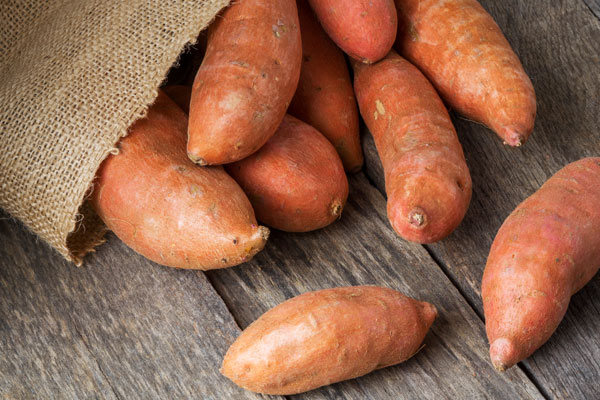
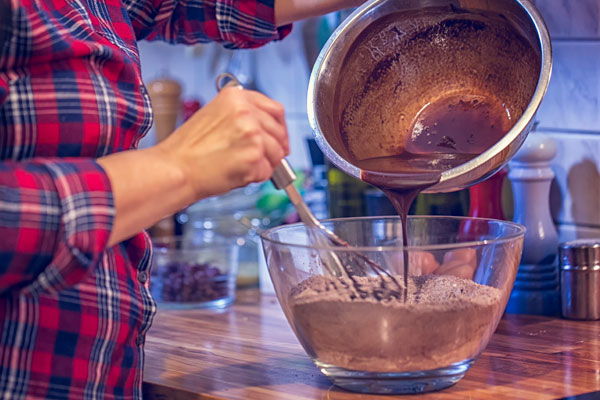
If the thought of giving up chocolate fills you with fear, don’t fret! You can still enjoy it without the inclusion of sugar. Chocolatl in The Pantiles has a delicious range of sugar-free chocolate on offer – the most notable being their 100% single origin Madagascan hot chocolate that is on offer all year round. It has a robust and intense flavour with zero sugar. It is made with coconut milk, as opposed to regular dairy milk, as the coconut milk adds a natural sweetness for balance.
Chocolat also sell a variety of 100% chocolate bars, as well as a menu that incorporates cocoa powder, beans and very dark chocolate in savoury cooking, eg cocoa-roasted cauliflower and Mexican chicken mole (peanuts, chilli and dark chocolate make up the base of the sauce).
When eaten without sugar, cocoa and chocolate have a wide range of health benefits. It is high in anti-oxidants and vitamins, it can improve heart health, provides better cognitive function and is good for the overall cholesterol profile. So, there’s no need to skip the treats this New Year!
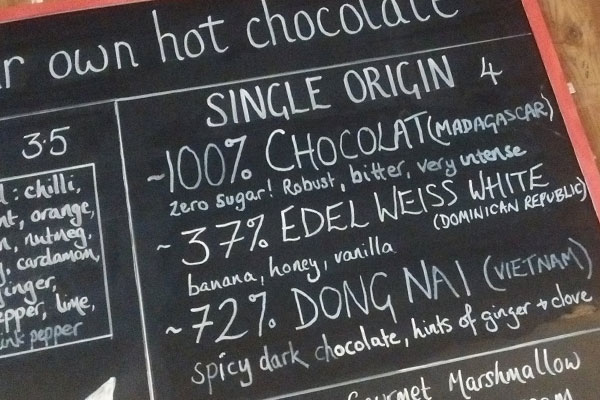
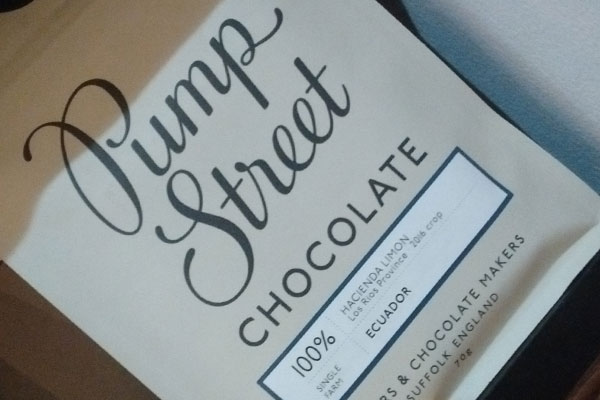
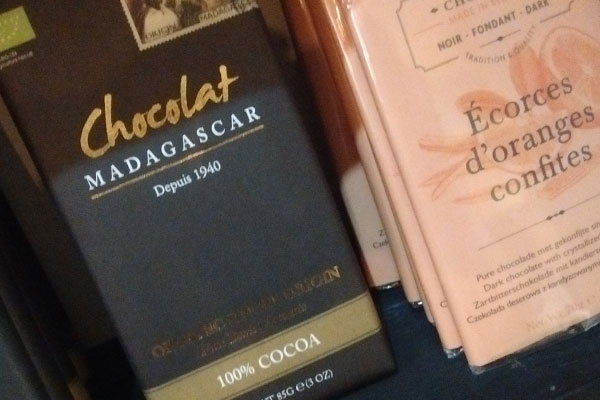
Chegworth Farm Shop at The Pantiles is another great source of healthy foods and vegetables with limited and no sugar content. They are also the perfect port of call for ingredients to make tasty, sugar-free, bakes. Why not try out this sugar-free chocolate brownie recipe from BBC Good Food? It’s a great way to limit your sugar intake, without limiting enjoyment to your taste buds!